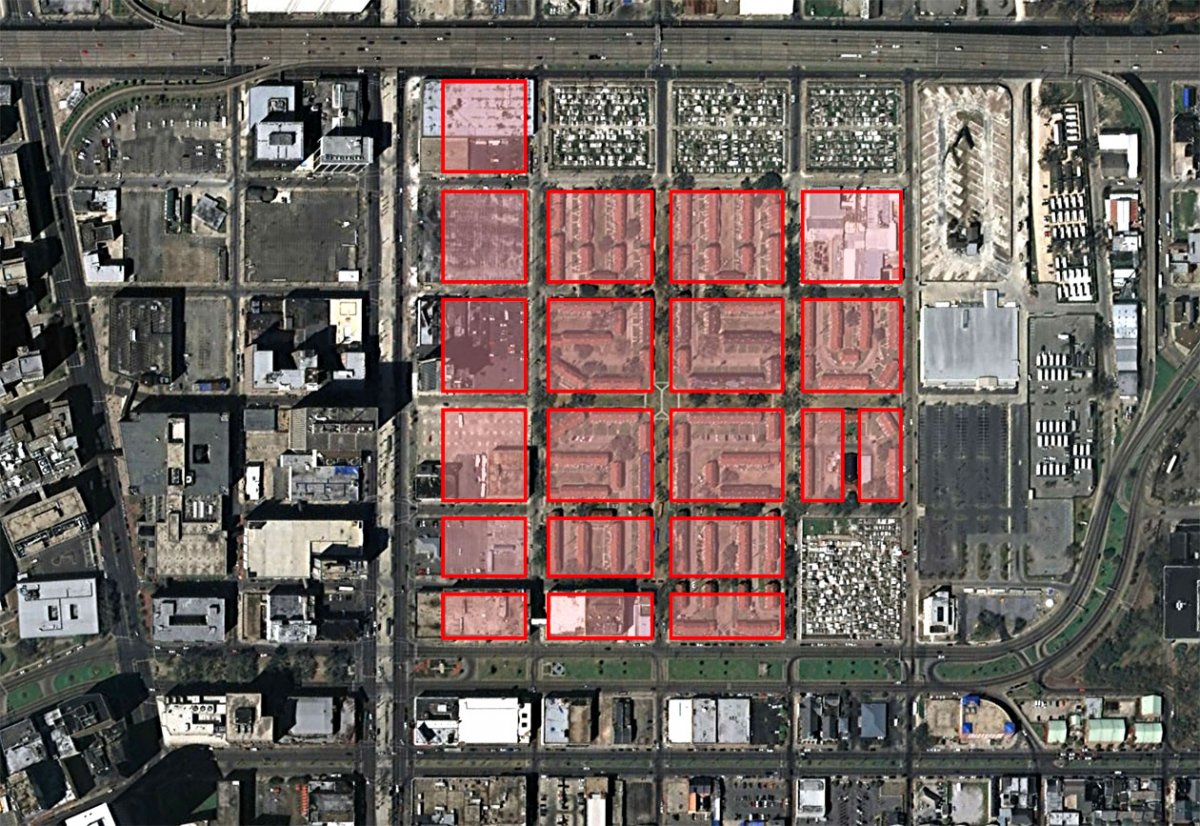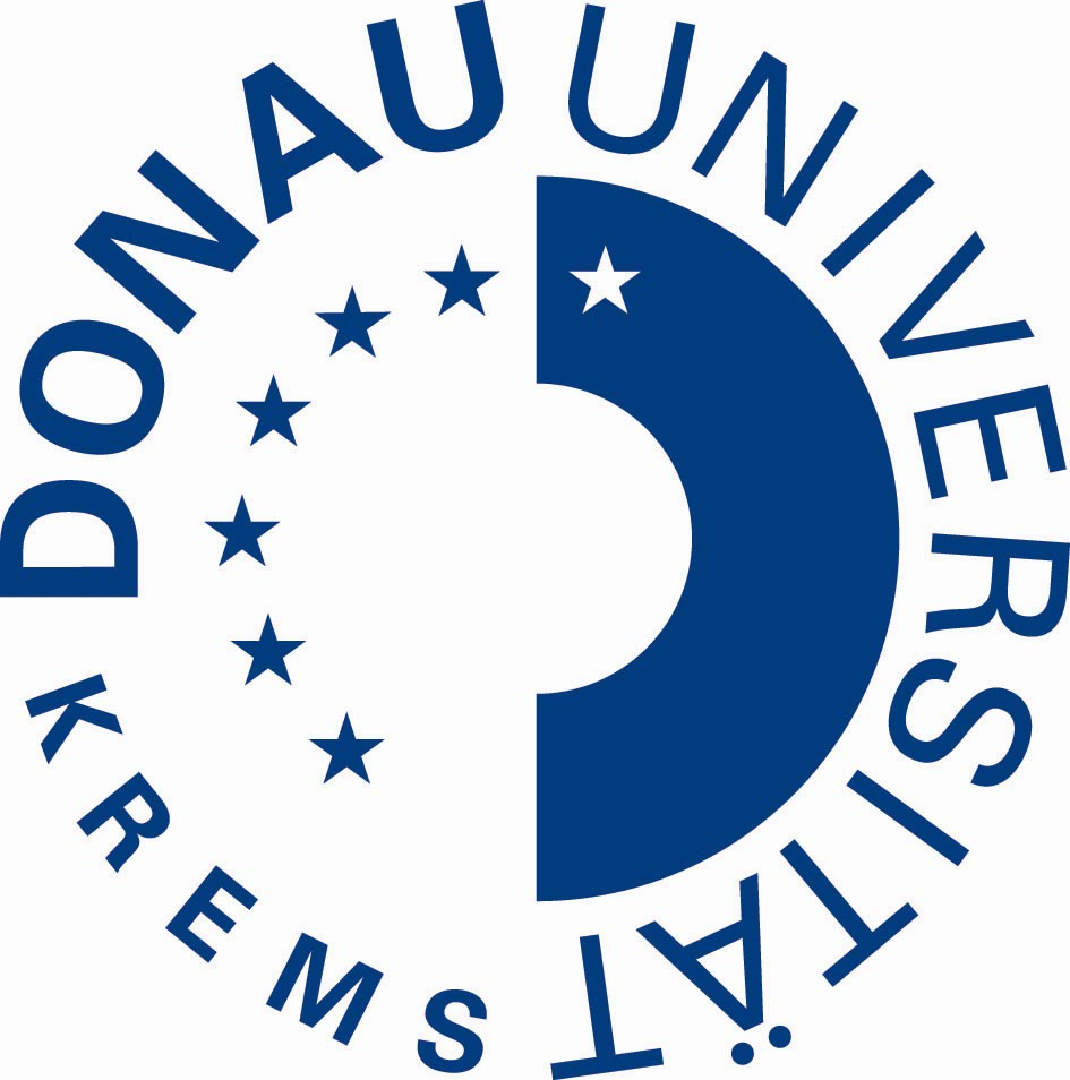| Sun | Mon | Tue | Wed | Thu | Fri | Sat |
|---|---|---|---|---|---|---|
| 1 | 2 | 3 | 4 | |||
| 5 | 6 | 7 | 8 | 9 | 10 | 11 |
| 12 | 13 | 14 | 15 | 16 | 17 | 18 |
| 19 | 20 | Today Tuesday, 21 October 21 | 22 | 23 | 24 | 25 |
| 26 | 27 | 28 | 29 | 30 | 31 |
Regional Planning and Metropolitan Growth Management

The course covers urban-regional issues to be considered for the planning of cities that are integrated with their respective regions. It deals with the metropolitan region and problems of major agglomerations, migration, and suburban development; emerging social and economic characteristics of the central city and the suburbs; impact on government systems and public services. It also introduces theories and techniques of regional planning (regionalization and understanding of the spatial structure of city-region). It also gives an overview of spatial patterns of towns/cities, identification of the location of economic, environmental areas, and infrastructures, regulating the development of urban and regional areas. It also includes the study and perspective of social and economic forecasting with more concrete activities such as infrastructure programming, land reservation, and land use regulation. The course also includes the study on the causes, consequences, and costs of sprawl (informality); study of growth management and smart growth programs at the various levels including the urban-regional level, as well as the rationale, techniques, and economic, political, and organizational implications.
Click for course details "Regional Planning and Metropolitan Growth Management"

